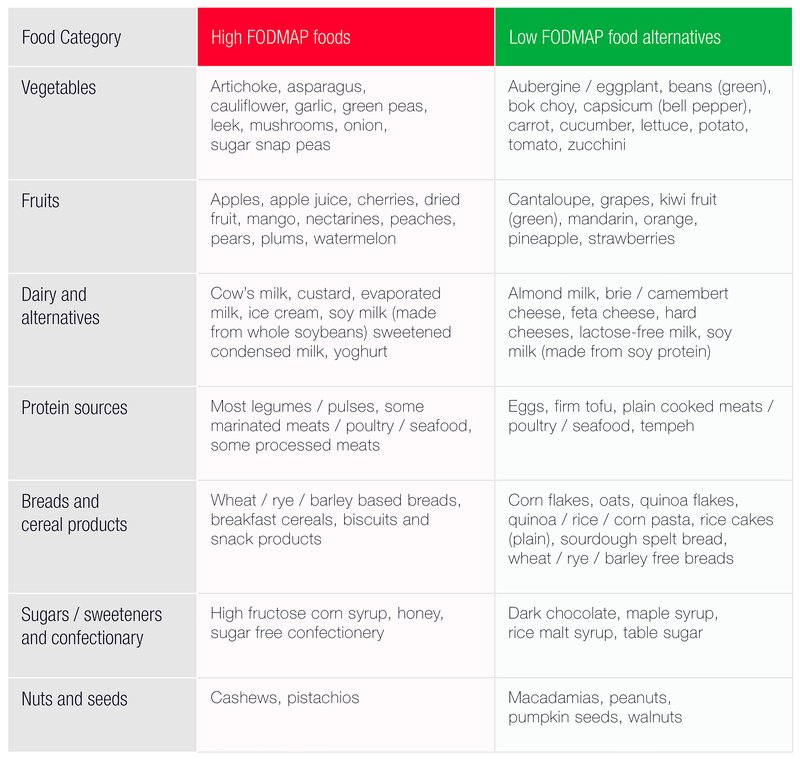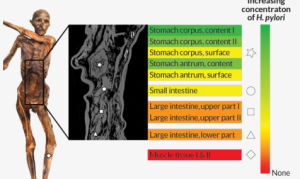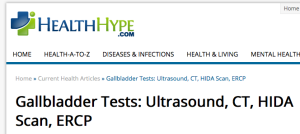The history of hypnotherapy is riddled with hucksters, but it can provide real benefits – from weight loss to managing pain. Why modern medicine is starting to take it seriously
“HONESTLY, I wondered whether I was actually in labour, because surely it was meant to be more painful than this.” That’s Shona, describing the recent birth of her daughter. Her secret? Hypnosis. During pregnancy, she learned how to hypnotise herself into a state of mind that allowed her to minimise the pain of labour and, in her own words, “quite enjoy the whole thing”.
The word hypnosis may call to mind a swinging watch or an entertainer getting people to believe they are naked on stage for an audience’s amusement. Its history is one of sorcery and magic, tales of the occult and exploitative charlatans. Practitioners are rarely doctors or counsellors, clinical trials struggle to get funded and there is still no regulatory authority that monitors the practice.
Yet despite these issues, people are turning to the technique to help with everything from labour to hot flushes, anxiety and chronic pain, and a growing body of research is starting to confirm its benefits. We are also beginning to get a handle on how it actually works and what happens in the brain during hypnosis.
The result is that how we define hypnosis is changing, and its use in mainstream medicine is increasing. The UK’s Royal College of Midwives now accredits hypnobirthing courses and funds training in the technique. Some anaesthetists now include hypnosis in their toolkit, and it is even being touted as a solution for the opioid addiction crisis. Hypnosis is certainly no cure-all, but learning what works, why it works and how to do it ourselves may …































